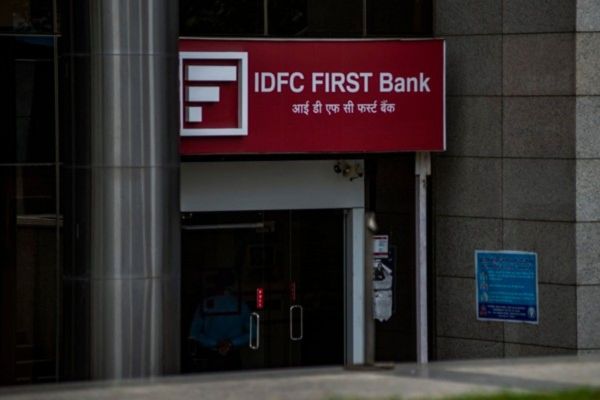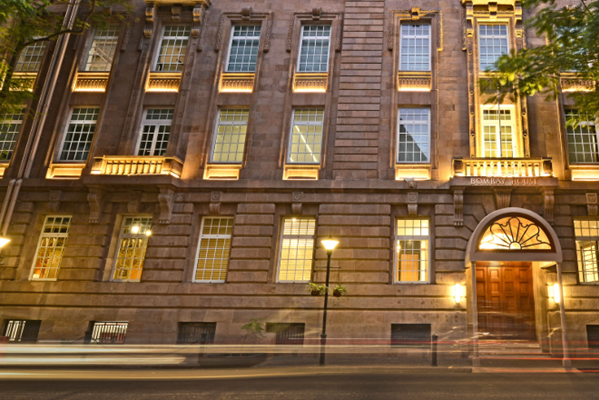.png)
November 26, 2025 at 11:56 AM IST
In a significant industrial policy move, the Union Cabinet today approved a ₹72.8 billion scheme to promote manufacturing of sintered rare earth permanent magnets, positioning the initiative as a strategic investment in high-technology self-reliance. These magnets are essential for electric vehicles, renewable energy systems, aerospace applications, and defence equipment. India currently imports most of its requirements, and demand is expected to double by 2030. Under the new scheme, the Government aims to establish 6,000 metric tonnes per annum of integrated manufacturing capacity, covering every stage from rare earth oxides to finished magnets. Five beneficiaries will be selected through global competitive bidding, with each eligible for up to 1,200 metric tonnes of capacity. The incentives include sales-linked support over five years and a dedicated capital subsidy to enable the development of advanced production facilities.
Following the announcement, shares of Permanent Magnets hit the upper circuit, rising 5% to close at ₹816.55.
The Cabinet also cleared major transport investments, approving new railway infrastructure in Maharashtra and Gujarat alongside a substantial expansion of the Pune Metro. The Cabinet Committee on Economic Affairs sanctioned two multi-tracking projects costing ₹27.81 billion. Spread across four districts, the projects will add around 224 kilometres to the Indian Railways network. The Kanalus–Okha doubling in Devbhumi Dwarka is expected to strengthen links to the Dwarkadhish temple and support broader development across Saurashtra. The Badlapur–Karjat third and fourth lines will ease congestion on the Mumbai suburban corridor, improving travel times and enhancing through-connectivity to southern India. Railways officials expect the additional capacity to boost reliability, accommodate future passenger growth, and facilitate 18 million tonnes per annum of extra freight.
In parallel, the Cabinet approved Phase 2 of the Pune Metro Rail Project, clearing Line 4 between Kharadi and Khadakwasla and Line 4A between Nal Stop and Warje–Manik Baug. The 31.636-kilometre network, which will include 28 elevated stations, is estimated to cost ₹98.58 billion. Maharashtra Metro Rail Corporation will execute the project. The new lines will link key residential, commercial, and industrial clusters and are expected to ease pressure on major arterial routes such as Solapur Road, Sinhagad Road, and the Mumbai–Bengaluru Highway.



